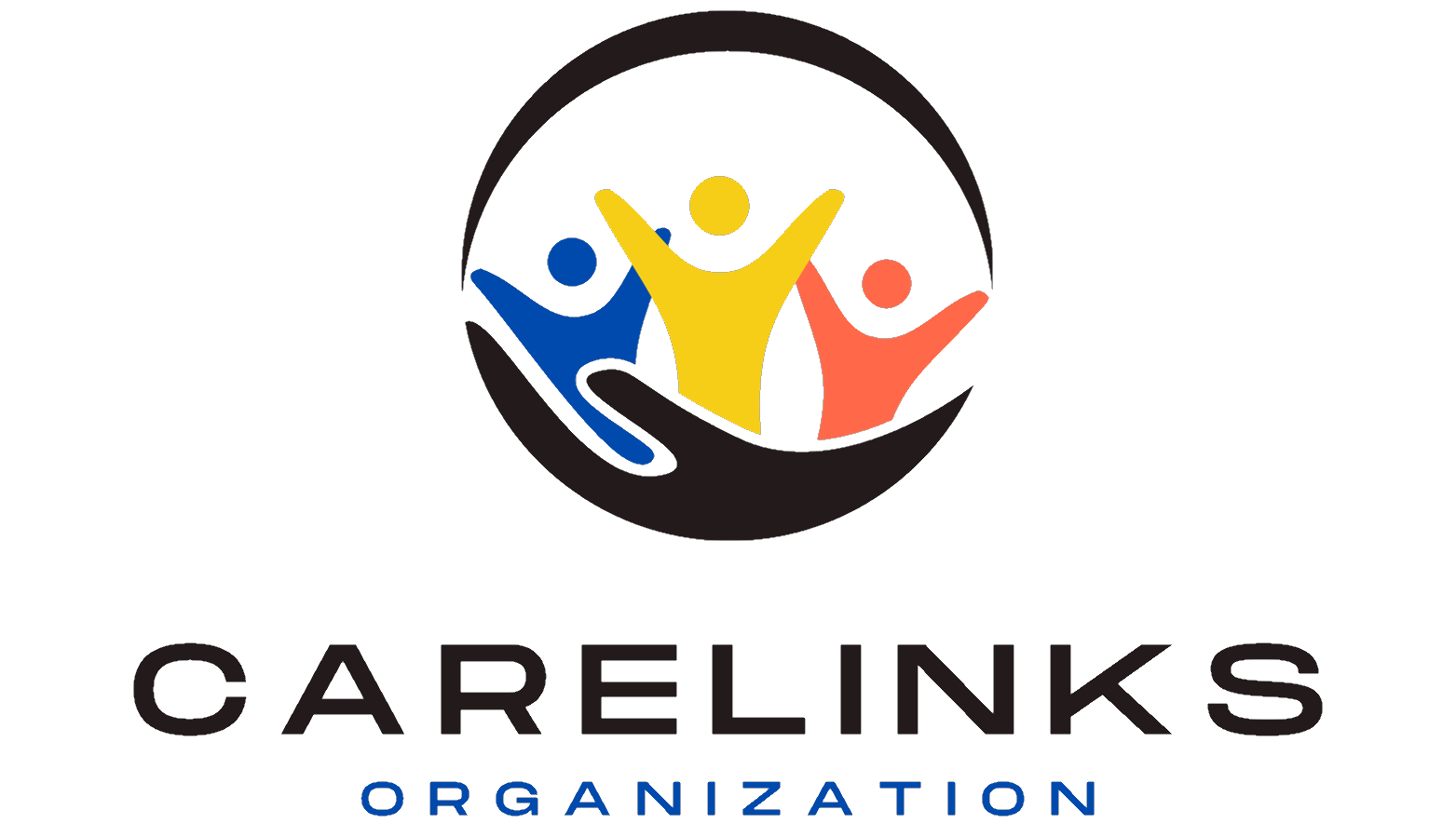Repealing laws targeting people living with HIV/AIDS
“The only reason people are still dying of AIDS is the inequalities in society, and all these come together to make them more at risk,” Winnie Byanyima, Executive Director of UNAIDS, said. “Criminalizing laws chase people away from life-saving treatment and need to be removed.”
Commemorated on 1 March, Zero Discrimination Day aims at emphasizing how people can become informed about and promote inclusion, compassion, peace, and a movement for change. The 2023 theme – Save Lives: Decriminalize – points to the positive impact on health and life outcomes when discriminatory and punitive laws are removed.
Overcoming legal barriers
Despite recent reforms and gains across all regions, she said the world is not on track to reach a goal set in 2021: to ensure that less than 10 per cent of countries have punitive legal and policy environments that create barriers to accessing HIV services.
The UN agency fighting to end AIDS reports that HIV exposure, non-disclosure, or transmission has been criminalized in 134 reporting countries in 2021. In 153 nations, at least one aspect of sex work is illegal. Consensual same-sex sexual activities are against the law in 67 nations, and 20 reporting countries criminalized and/or prosecuted transgender persons, UNAIDS said.
In addition, 48 countries still place restrictions on entry into their territory for people living with HIV, while 53 countries report that they require mandatory HIV testing, for activities from getting marriage certificates to performing certain professions. Parental consent for adolescents to access HIV testing is required in 106 countries.
Such laws and sanctions violate international human rights norms and stigmatize and discriminate against already marginalized populations, Ms. Byanyima said.

